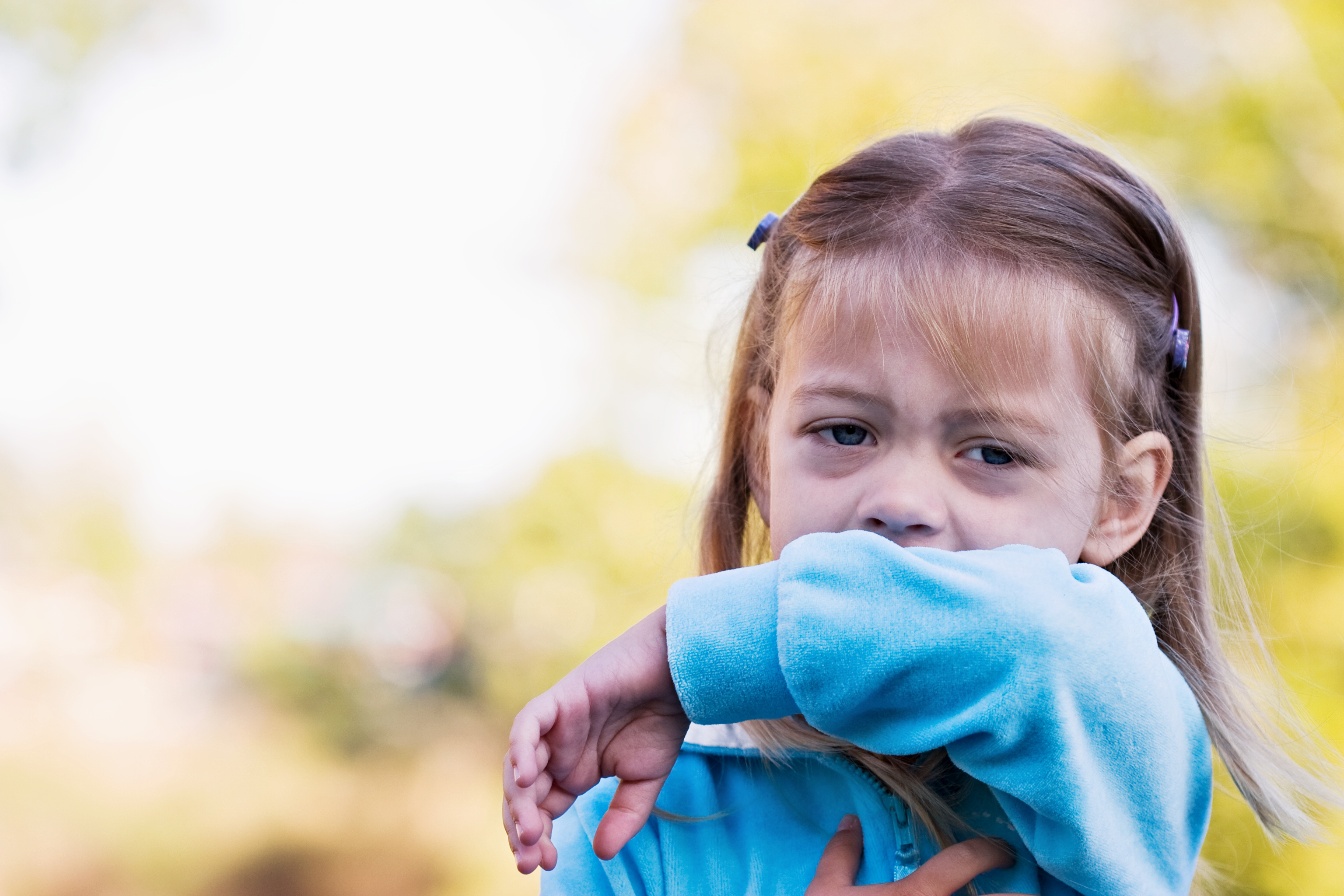A new study has confirmed the use of antibiotics for prolonged wet cough in children is the most effective treatment to prevent the illness from getting worse.
The QUT-led research published in Cochrane Reviews found children, who had a cough lasting more than four weeks, benefitted from antibiotic intervention.
Research keypoints:-
- In Australia, 9.4 per cent of presentations to GPs were due to coughing illnesses
- Chronic childhood wet cough is a cough that lasts more than a month
- Two weeks of antibiotics was most effective treatment
- Timely treatment of children preserves future lung health.
Associate Professor Julie Marchant, from QUT’s Institute Of Health and Biomedical Innovation, said given concerns over the increasing use of antibiotics it was important to get accurate diagnosis for respiratory illnesses.
"Cough is one of the most common reasons why children are taken to see a doctor," Associate Professor Marchant said.
"It causes a high degree of parental stress and worry and financial burden with doctors’ visits, medication and time off work."

Associate Professor Marchant described wet cough in children as moist or productive-sounding, with or without phlegm and was often accompanied by a rattling sound in the chest.
She said it was different to a cough that is dry and should not be treated with antibiotics.
"The aim of the study was to examine whether antibiotics were useful in treating children who had ongoing persistent wet cough."
The global study reviewed clinical trials involving 190 children who had chronic wet cough.
It found treatment with antibiotics reduced the proportion of children not cured at follow-up.
"Antibiotics also prevented the illness from getting worse, thus avoiding a further course of antibiotics for one in every four children treated," she said.
Associate Professor Marchant, who works as a paediatric respiratory physician at the Lady Cilento Children’s Hospital in Brisbane, said knowledge of chronic cough in children had progressed greatly in the past decade.
"One of the most common causes is protracted bacterial bronchitis (PBB) which can be treated effectively with two weeks of appropriate antibiotic therapy," she said.
"PBB is characterised by a chronic wet cough in otherwise well children with no other signs or symptoms and is due to chronic infection and inflammation."
She said chronic daily wet cough could indicate more serious underlying conditions and it should never be ignored in children.
"If treatment with two weeks of antibiotics does not lead to resolution of the cough children should be referred to a respiratory specialist," she said.
Associate Professor Marchant is recognised as a leading Brisbane researcher on childhood respiratory illnesses, aiding in the clinical definition of protracted bacterial bronchitis (PBB) which is incorporated into paediatric cough guidelines worldwide.
She said further research is investigating the long-term outcomes of 150 children with PBB over a five year follow-up period.
MEDIA






